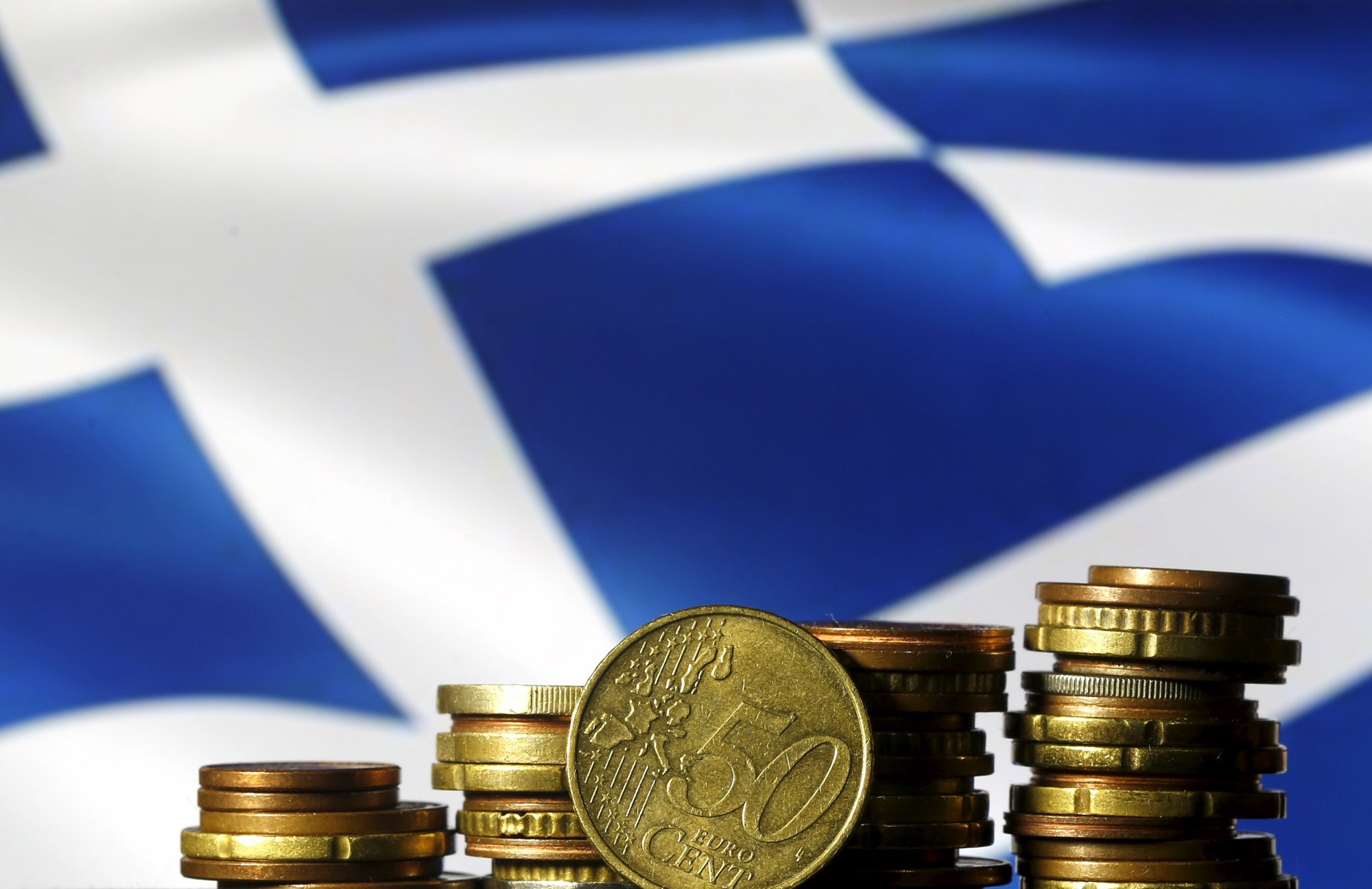The eurozone’s annual rate of inflation was in line with the European Central Bank’s target in October, increasing the likelihood that policymakers will lower borrowing costs for a third straight meeting.
Consumer prices were 2.0% higher than a year earlier across the 20-member currency area, a pickup from September, European Union statistics agency Eurostat said Thursday. Economists surveyed by The Wall Street Journal last week had expected to book a smaller rise to 1.9%.
Services inflation, which earlier in the year had kept price rises stubbornly above target, was unchanged.
With prices rising broadly in line with their expectations, ECB policymakers are becoming more confident that they are on course to tame the surge in inflation that followed Russia’s full-scale invasion of Ukraine early in 2022. The resultant energy shock drove consumer prices rapidly higher across the continent and around the world. The ECB and other central banks responded to that surge by raising their key interest rates to their highest level in two decades.
There are signs that the bank’s efforts are on course to pay off with a soft landing, bringing inflation down to target without pushing the economy into a recession or wiping out a large number of jobs. Following figures released Wednesday that showed the eurozone economy accelerated in the three months through September, Eurostat on Thursday said the unemployment rate remained at 6.3% in September, a record low.
That helps assuage some fears of a grinding slowdown in the eurozone economy, which had become the main headache for central bankers. The high interest rates they used to cool prices could still prove too restrictive, with the risk that inflation will stay below their target, as it did before the Covid-19 pandemic.
“The risk of sustainably missing our target by going down now exists as much as that of exceeding it,” Bank of France Gov. Francois Villeroy de Galhau said earlier this month. French inflation remained below target in October, as did that of Spain and Italy.
Nevertheless, ECB boss Christine Lagarde has warned against claiming victory too early.
“I’m not going to tell you that inflation is defeated yet,” she told French daily Le Monde in an interview published Thursday. Lagarde pointed to services inflation, which still trends above headline price rises, as well as base effects in energy that will take the headline rate higher ahead. Markets expect the ECB to trim rates by a further 25 basis points in December, while a bolder 50 basis-point cut is less likely, according to data provided by LSEG Refinitiv.
Growth increased a little across the 20 member states in the year’s third quarter, figures showed Wednesday, boosted by the Paris Olympics, the summer tourism season, and an unexpected rebound in Germany. But the trend is likely to reverse in the year’s final months, with the eurozone likely to lag peers like the U.K. and U.S.
“We don’t have good news with respect to growth but we do have good news with respect to inflation,” ECB second-in-command Luis de Guindos said in an interview earlier this week.
The danger that inflation will settle below target would serve as a reason to add some pace to rate cuts, other members of the ECB governing council have argued. President Lagarde has herself refused to rule out an acceleration in the velocity and depth of cuts. “The direction of travel: clear,” she said in a media interview last week. “Pace: to be determined.”
In the U.S., the Federal Reserve took the bolder option of a half-point cut at its meeting in September as concerns brewed over a weakening labor market. The Fed is expected to lower rates again at its policy meeting next week.
Write to Joshua Kirby at joshua.kirby@wsj.com ; @joshualeokirby



